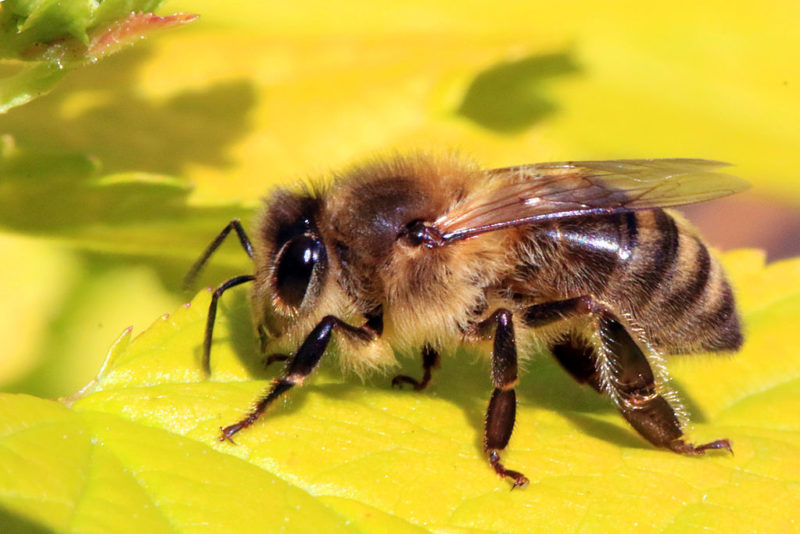Vicky Foxcroft MP for Lewisham Deptford & Shadow Minister for Disabled People
The European Commission (EC) announced in 2013 that it would restrict the use of neonicotinoids to crops that are not attractive to bees and other pollinators after the European Food Safety Authority concluded that 3 commonly used neonicotinoid pesticides pose an unacceptable danger to bees. The Coalition Government initially opposed the ban.
I appreciate there are many reasons for the decline of pollinators, including habitat loss, climate change and pests and diseases. However, I also appreciate that more evidence has appeared since the ban – including the recent study to which your email refers – which emphasises the risk of neonicotinoids to bees. The Government cannot continue to ignore the threat to bees from neonicotinoids and I support the current European-wide ban because I believe it is a proportionate response to the evidence.
The EC is currently reviewing the evidence on neonicotinoids and is expected to complete its assessment by January 2017. Before the referendum on UK membership of the European Union, the Government said that it would base its view on future regulation on all the available scientific evidence. I am pleased that the Government now seems to have an open mind with regards to considering the evidence, especially given its previous opposition to the ban.
However, I am concerned that many environmental protections are at risk following the outcome of the EU referendum and I am aware that organisations such as 38 Degrees have raised concerns about the potential use of neonicotinoids after the UK has left the EU. Until the UK does leave the EU, EU law will still have effect in the UK and the Government has said that current arrangements for our environment – including in relation to the ban on neonicotinoids – will remain in place until we leave. I believe the Government needs to set out its strategy for the future and how it will protect the provisions of important directives. I also believe it is vital to take a science-led approach to pesticide use and to consider how best to support farmers, protect wildlife and reverse the decline of pollinators.
While the Government is providing £900 million through its Countryside Stewardship scheme, which offers payments to farmers for taking actions for pollinators, I am concerned by the low-uptake of this scheme. I believe the Government must take measures to restore farmers’ fragile confidence in it. I am also concerned that the way in which the Government is implementing the new ‘greening’ requirements of the basic payment scheme will not deliver improvements for pollinators in the farmed landscape and I would like to see more effort from the Government in creating better farm habitats and in assessing alternatives to neonicotinoids and providing more support to farmers with Integrated Pest Management.
Finally, the Government has delayed publication of its 25 year plan for the Environment and its 25 year food and farming plan. I believe these plans are vital in order to set out a long-term approach to farming and the environment and to build stability across the whole of the UK. I hope that the Government will publish both plans as a matter of urgency.
As requested by many of my constituents I wrote to the Department for Environment, Food and Rural Affairs to pass on their concerns. I have now received a response from George Eustice, Minister for Food, Farming and Marine Environment. In his response Mr Eustice states that:
“The British people have voted to leave the European Union and DEFRA is focused on implementing that decision. There is no immediate change to our position following the result. We are currently still a member of the EU and we will continue to engage with EU business as normal and be engaged in EU decision-making in the usual way. Once Article 50 is invoked, we will remain bound by EU law until the withdrawal agreement comes into force. Once we have left the EU we will continue to pursue a science-led approach to pesticide policy.”
Whilst Mr Eustice’s response does not tell us anything new, I hope the Government will keep its promise to pursue a science-led approach to pesticide policy.

